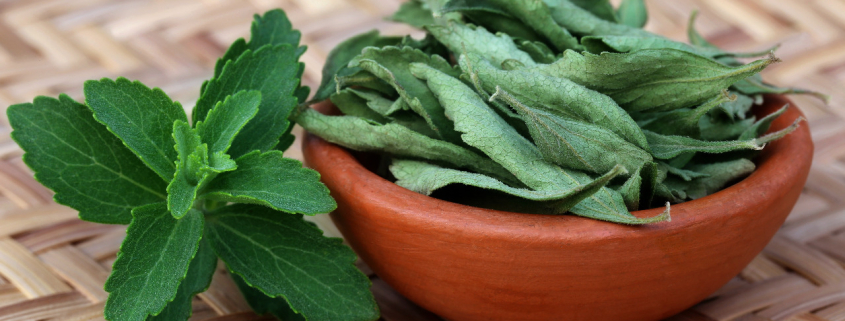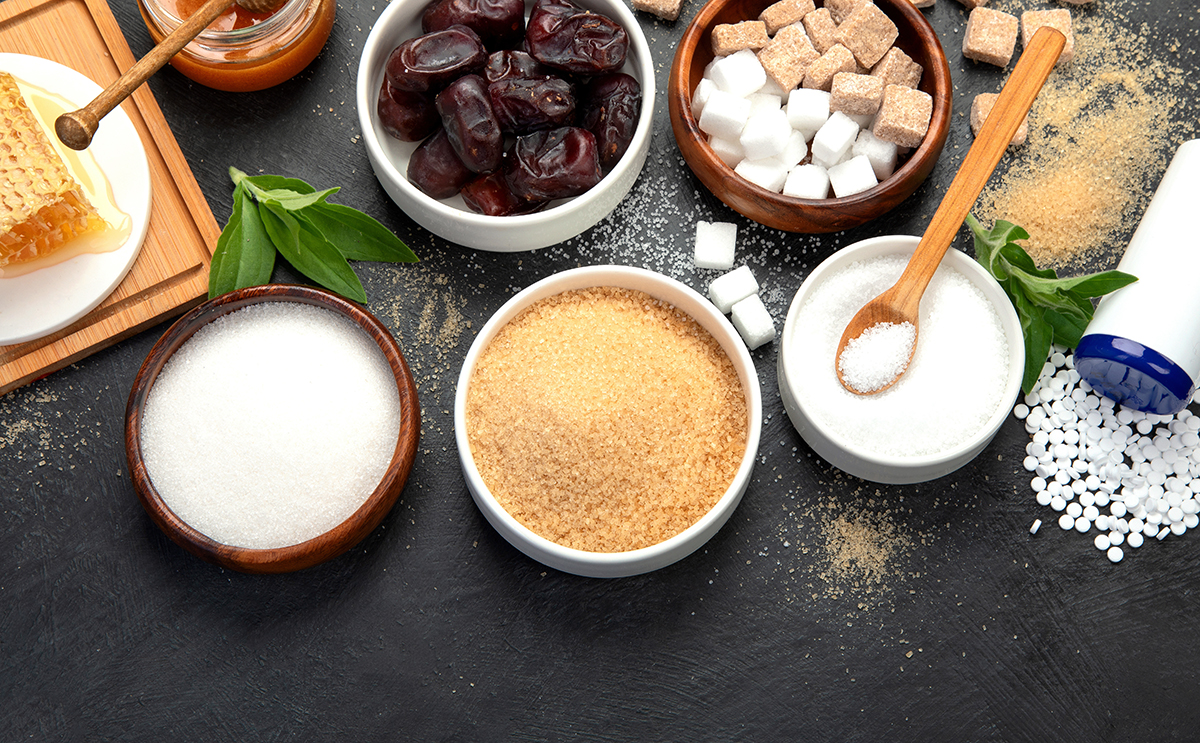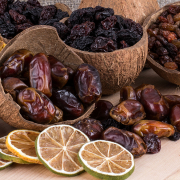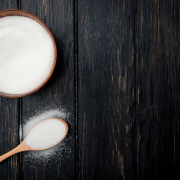Stevia vs Sugar
As people recognize some of the downsides of sugar, certain alternative sweeteners are gaining popularity and recognition. Because of this, you’re probably seeing Stevia everywhere, and with good reason. It’s plant-based, free of calories, and doesn’t seem to negatively affect digestion or blood sugar.
So let’s take a deeper look at Stevia and how it compares to sugar.
What is Stevia?
Stevia sweeteners simply referred to as Stevia, are derived from the leaves of the Stevia rebaudiana plant. Stevia is typically 250-300 times sweeter than sugar. Although you may have only recently heard of stevia, the plants have been enjoyed for their sweetness and medicinal properties for hundreds of years.
How is Stevia Made
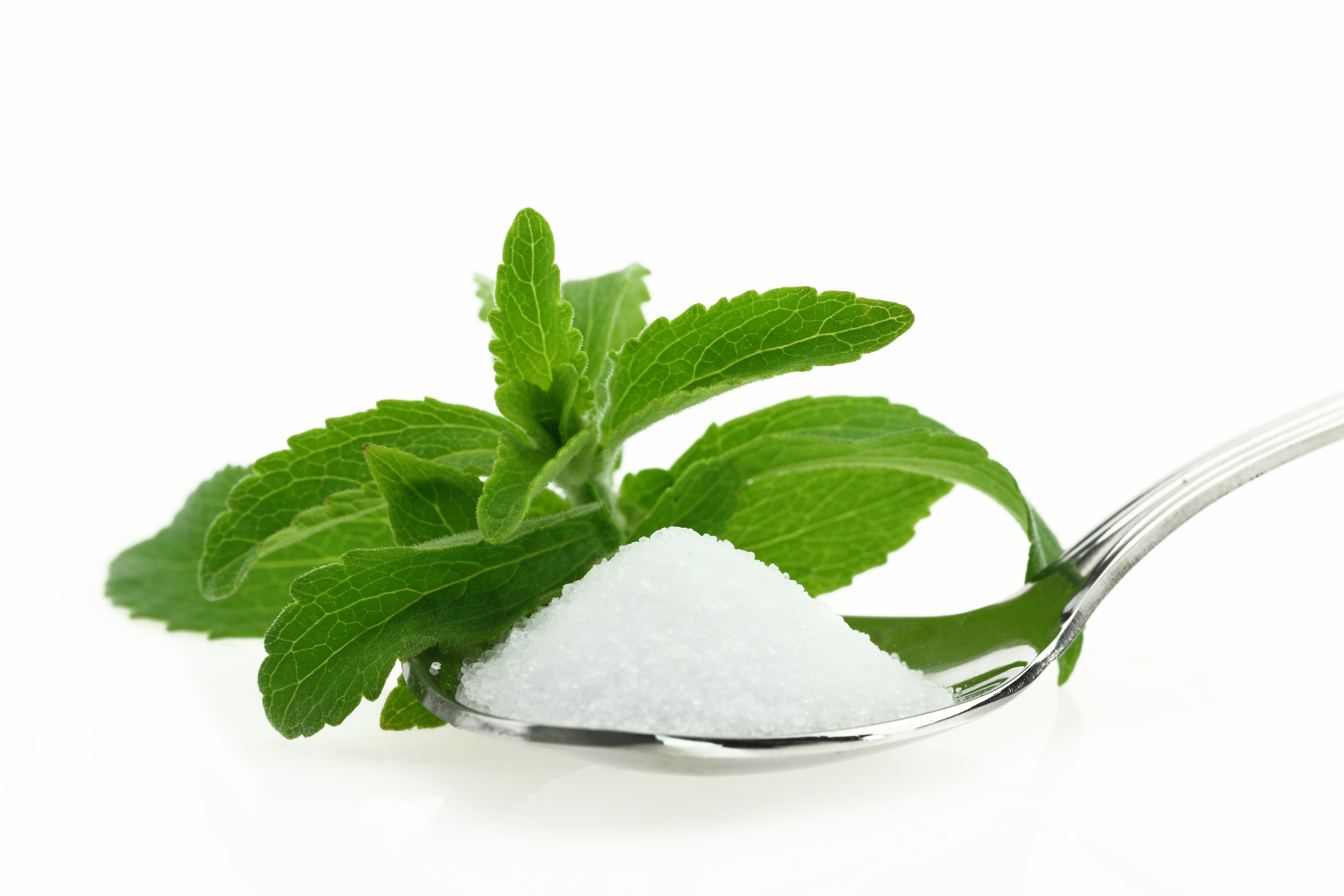
Stevia sweeteners are made by extracting steviol glycosides from the leaves of the stevia plant and purifying them to remove their bitter aftertaste.
The process of extracting steviol glycosides from leaves normally follows four steps.
1. Stevia leaves are picked and dried.
2. Then, the leaves are steeped in hot water.
3. Leaf particles and solids are filtered out of the liquid.
4. The resulting liquid goes through several further stages of filtering and centrifuging.
The resulting product must then be 95% steviol glycosides to be considered food-grade stevia. Manufacturers then choose how to package the stevia by form and usage. Pure stevia extract is so much sweeter than sugar (250-300 times) that using it can be somewhat difficult so additives like maltodextrin, dextrose, inulin, or erythritol are often added to provide volume.
How is Sugar Made
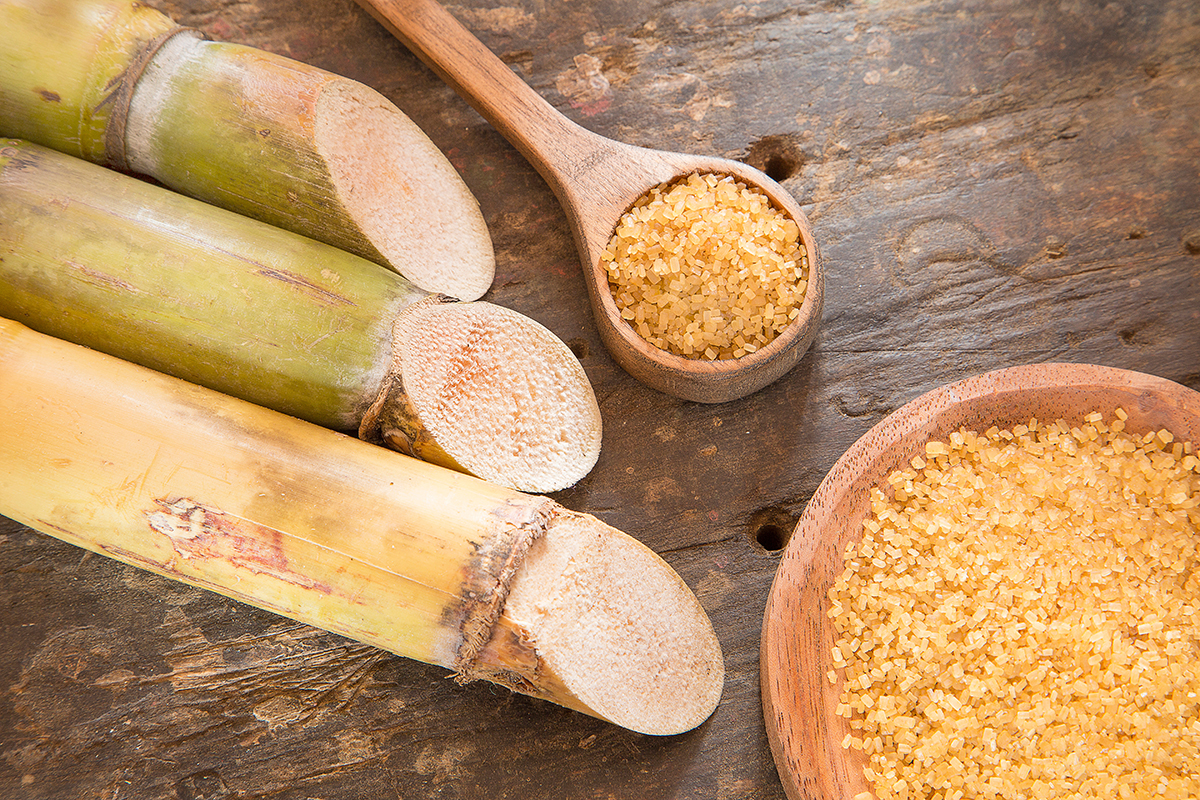
Sugar, like stevia, is also extracted from plants specifically sugar cane and sometimes sugar beets both of which are mostly grown in tropical climates. Most plants also contain sugar in their tissues but not in the amounts which would be practical or economical to extract. The manufacturing process starts with crushing sugar cane, then heating the resulting juice, filtering, and a series of crystallization steps to create crystals of raw sugar. Then several other processes take place that creates molasses and white sugar crystals.
The Benefits of Stevia
As a newer alternative sweetener, the studies on stevia are smaller in scale but there are promising signs that stevia can provide the following benefits.
Weight Management
Stevia’s lack of calories means that if one partially or fully replaces sugar with stevia, then weight loss is possible. There’s always the concern that one can overestimate the benefits and overcompensate with other calories or even experience increased cravings. However, that doesn’t appear to be the case with stevia.
In a small-scale study of 31 adults, those who ate a 290-calorie snack made with stevia ate the same amount of food at the next meal as those who ate a 500-calorie snack made with sugar. The stevia group also reported similar levels of fullness meaning they felt just as full while eating fewer calories. More data is needed but this is a promising indication of how stevia can be used for weight maintenance.
Blood Glucose Levels
Stevia doesn’t raise blood sugar levels and may even positively contribute to the health of the pancreas. In a small-scale controlled study of 34 patients with type 2 diabetes, the group who had stevia-sweetened tea for 8 weeks didn’t see any difference in fasting blood sugar vs the control group nor did they have any differences in insulin, glycosylated hemoglobin or lipid levels.
Might be Beneficial for Heart Health
Elevated cholesterol and triglyceride levels are something to watch out for as they can be precursors to heart disease. Stevia might have minor positive effects on both of these or at least doesn’t seem to have the same damaging effect as sugar.
In one study, women consumed 20 milligrams of stevia extract in a glass of water for one month. At the end of the study, the women experienced lower LDL (bad) cholesterol, decreased triglycerides, and increased HDL (good) cholesterol. The study notes that it’s uncertain whether a smaller amount of stevia consumed more occasionally would yield the same sort of benefit.
Stevia’s Downsides
Additives
Stevia extracts might be neutral to your blood sugar but certain brands of stevia sweeteners contain additives that may not be. For example, the popular additive maltodextrin can negatively affect blood sugar levels for some people.
Stevia has an Aftertaste
Stevia, though sweet, has a slightly different taste than sugar and many people report a slightly bitter aftertaste.
How Stevia Metabolizes vs Sugar
Steviol glycosides pass through the upper digestive system largely unchanged before reaching the colon where gut microbes break off the glucose molecules and use them as an energy source. The remaining steviol backbone is then metabolized by the liver and excreted through urine.
Glucose from sugar, on the other hand, causes the pancreas to release insulin which causes cells to take in the glucose returning serum levels to normal. Insulin will turn off fat burning and promote glucose burning as the body’s primary fuel source. Any excess glucose ends up being stored as glycogen in the muscles or as fat in the body’s tissues.
Those explanations may be a bit abstract but the experience of metabolizing stevia vs sugar will be drastically different. While stevia’s non-nutritive properties allow you to not really experience much difference, sugar will cause crashes and subsequent cravings in the near term. Excessive sugar consumption in the long term can result in higher blood pressure, inflammation, weight gain, diabetes, and fatty liver disease which are all linked to an increased risk of heart attack and stroke.
Is Stevia Healthier than Sugar?
As a non-nutritive sweetener that doesn’t seem to increase blood glucose levels or cravings, stevia could be a healthy alternative to sugar. However, studies on stevia are sparse and long-term studies on the matter haven’t really been conducted.
The best steps to take for health seem to be reducing overall calorie intake, eating whole foods, and reducing your intake of sweets whether they’re made with sugar or stevia. And, of course, getting adequate sleep and exercise.
How to Use Stevia
You can generally use stevia like you would table sugar; Add a bit to your coffee or cereal for that desired sweetness. Note that if you’re baking, stevia won’t brown the way sugar does and it can also affect the texture of your baked goods. Some have found success by mixing sugar and stevia to dampen the aftertaste while reducing overall sugar content.
Bottom Line
With the recent popularity of stevia, many wonder whether it can be a healthy alternative to sugar, with all early indications and speculation seeming to point to this. Sugar can be destructive to the body in a number of ways so it’s important to look for ways to consume less whether it’s by gradually cutting back or making substitutions with alternatives like stevia.
This article is provided for informational purposes only and is not intended to be used as medical advice. If you have immediate concerns about your health, please seek the help of your physician.
*These statements have not been evaluated by the Food and Drug Administration. Products are not intended to diagnose, treat, cure or prevent disease.

